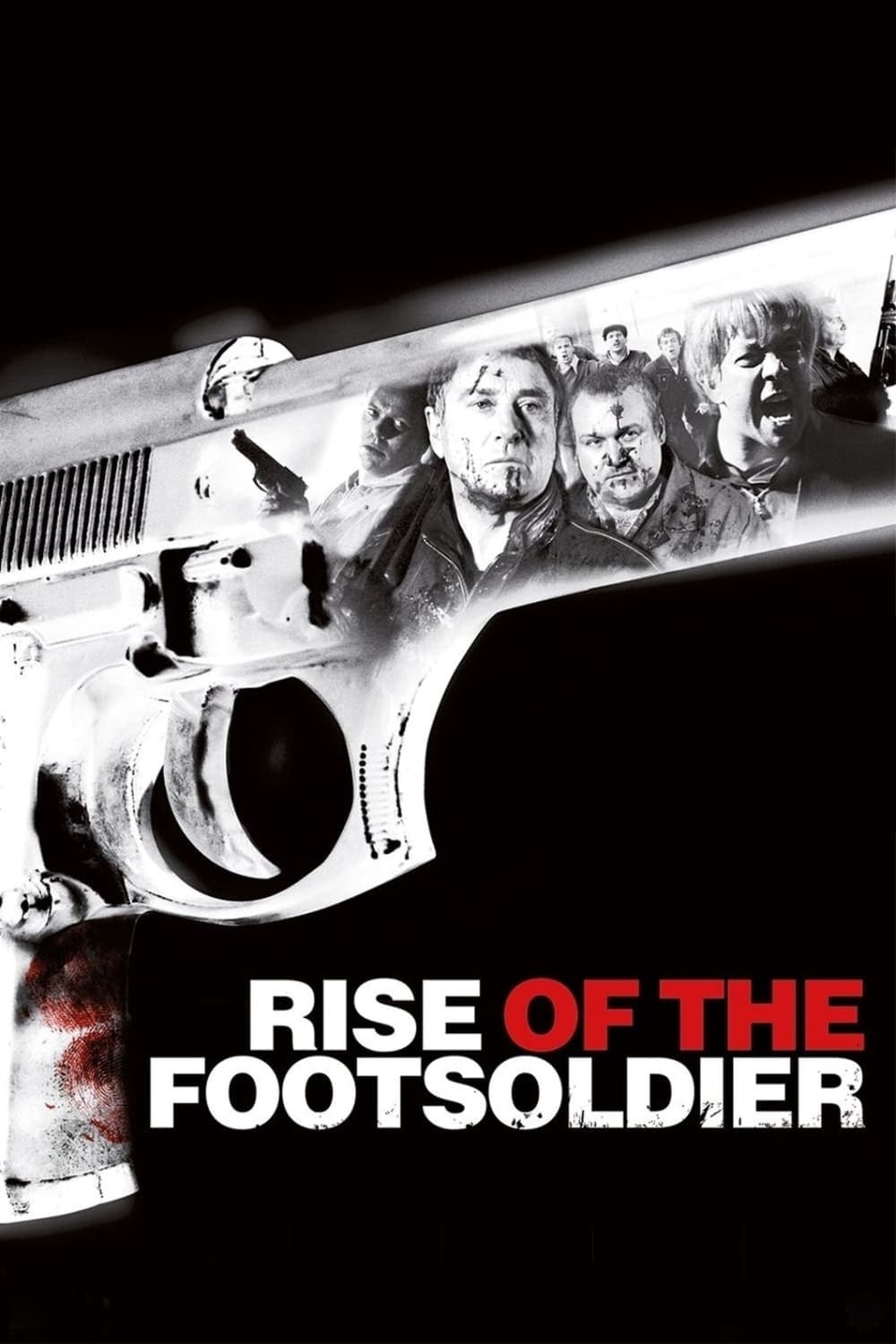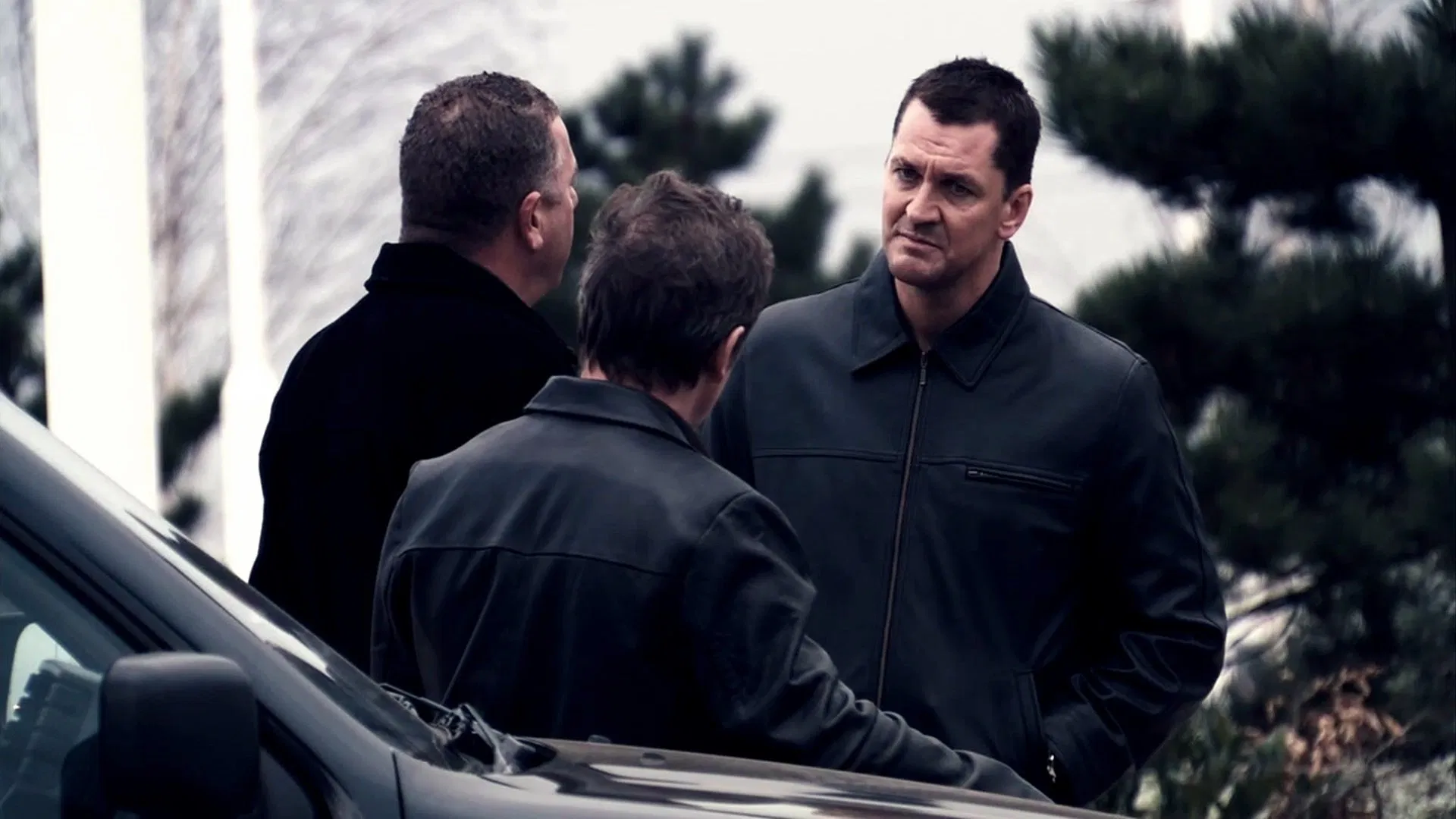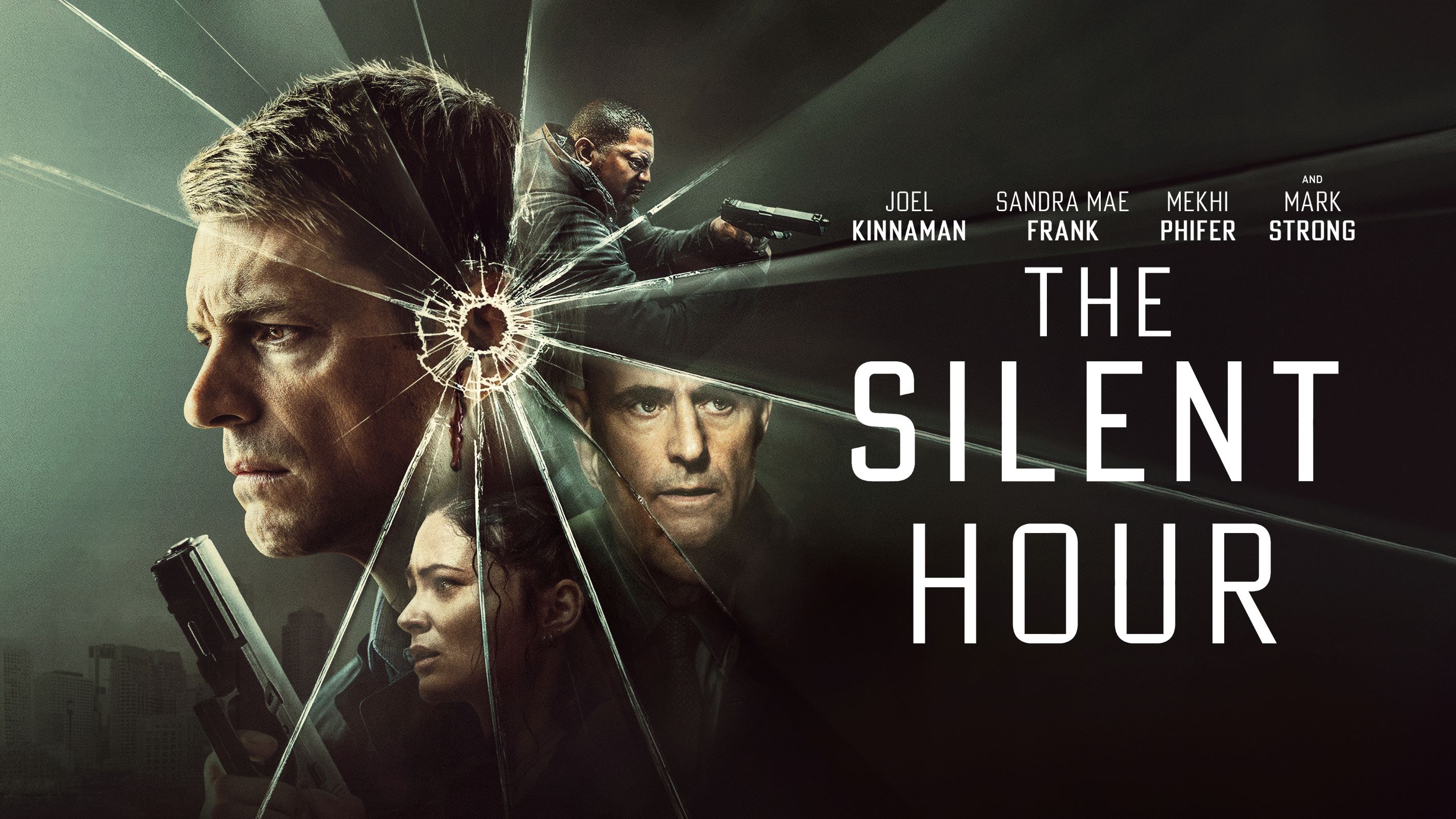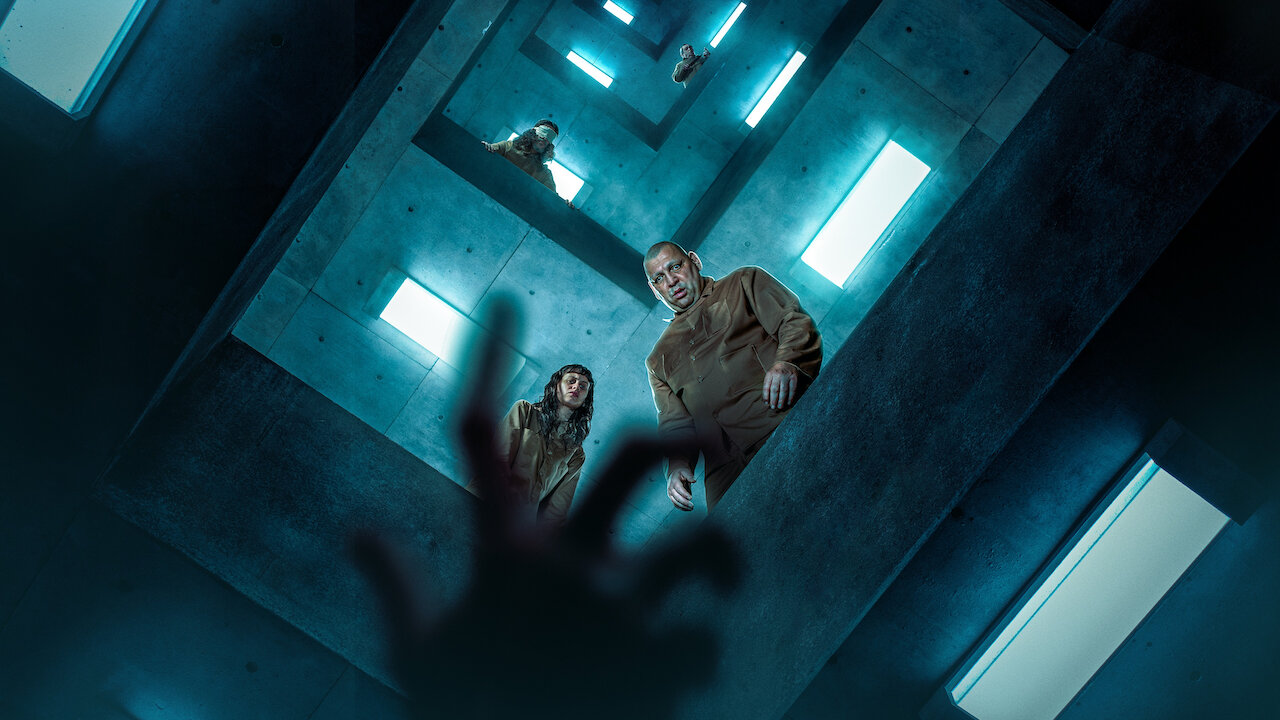There’s something almost touching, almost, about a movie so desperate to wrap itself in the gravitas of “true crime” mythology that it ends up draped in wet, mildewed football scarves. “Rise of the Footsoldier” is less a film than a brute-force memory dump, a feverish scrapbook of loutish glory so in love with its subject that it never pauses to consider whether anyone else could possibly care. If you’ve ever wondered what would happen if you force-fed a biopic to a slot machine, pulling the lever every time someone gets bottled or called a four-letter word, look no further.
The premise (such as it is) finds its anti-hero, Carlton Leach, staggering from terrace mayhem to clubland drudgery to the seedy business of Essex drug-running, accidentally stumbling into every grisly episode British tabloids still get nostalgic about. The filmmakers clearly believe this odyssey of winks and wallops is a saga for the ages, but all we get is a petulant trudge: here a stabbing, there an expletive, every set piece delivered with the dazed confusion of a pub brawl recounted over cold chips.
It’s not that you can’t wring black comedy or bruised poetry from the world of thugs, British cinema has had a gleeful go at it, from “Get Carter” to “Sexy Beast.” But the crime film, even at its most splatter-happy, needs some kind of vision, a voice, a reason to exist. “Rise of the Footsoldier,” by contrast, is so content with violence as its own justification that the endless parade of gougings, stompings, and creative profanity leaves no room for character or judgement. The script, let’s be kind and call it that, staggers from one scene of shouting and glassing to the next, as if told entirely by a man who never learned to express emotion except at full volume.
For all the mess, there is a scrappy charm to Craig Fairbrass hulking his way through the carnage and Frank Harper making a meal of every brittle line. The film is stuffed with familiar mugshots from the Great British Gangster Supporting Players’ Union, all giving it their best furrowed brow but what does it matter when every woman in sight is either a scolding nag, a simpering moll, or an afterthought in a push-up bra? The female characters here aren’t underwritten so much as airbrushed out; you could swap them with cardboard cut-outs and no one would bat an eyelash, least of all the writers. Call it misogyny, call it lazy wish-fulfillment, it amounts to the same thing: swaggering men with no one to talk to but each other, cursing up a blue streak in the vain hope it will pass for drama.
As for the style, if you can call it tha, it’s all hyperactive camerawork and dreadful fake-grain filters plastered over the “retro” bits, like someone spilled instant coffee on the film stock and called it a day. The narrative, three movies’ worth of events crammed into a single, interminable runtime lurches chronologically, flitting from flashing strobe to blood on concrete to a new, unexplained year, until you’d need forensic science (or perhaps a particularly patient barmaid) to piece together who’s stabbing whom and why. The structure is so muddled that any real tension or insight is kicked to the curb before it can make itself felt.
If there’s a moral lurking in this pit of self-regard, it’s the bleak message that living brutally and dying pointlessly is all the legend anyone deserves, hardly the stuff that made the gangster genre such guilty fun in the first place. “Rise of the Footsoldier” doesn’t even offer the vulgar pleasures of excess; it’s too sour for camp, too monotonous for suspense. Whatever window into the British criminal underworld the film claimed to offer has been smeared over by decades of tired cliché and, increasingly, self-parody. Watching it go through its paces, you can almost hear the ghost of Guy Ritchie groaning in the next room.
That the film spawned an entire extended universe of sequels and spinoffs would be comic if it weren’t so dismal, imagine “The Fast and the Furious” with less charisma and more headbutting, and you’re halfway there. I suppose, for diehard fans of bludgeon-and-swear cinema, perhaps the Andrew Tates of the world there’s an endless, numbing appeal. But for the rest of us, there’s only so much sceneless violence and joyless swagger one can take before the mind rebels.
In the end, “Rise of the Footsoldier” has nothing to say about its era, its subject, or even itself; it’s content to wallow in noise and gore, as if the mere act of showing brutality is meaning enough. If you want a film that illuminates anything about the British underworld, or about anything at all, you’re left in the cold. This is the cinematic equivalent of being trapped at a pub table with the world’s dullest raconteur, too in love with his own horror stories to notice you’ve already gone home.










